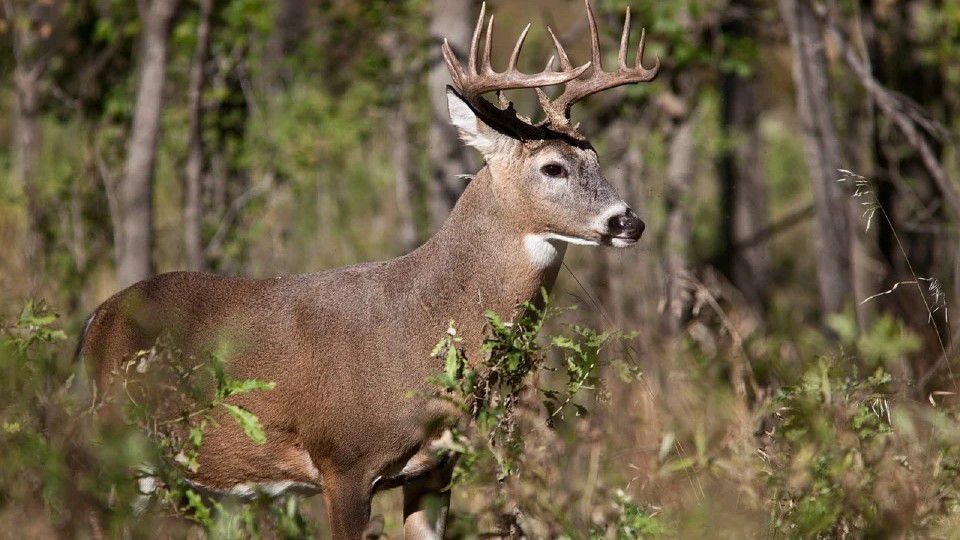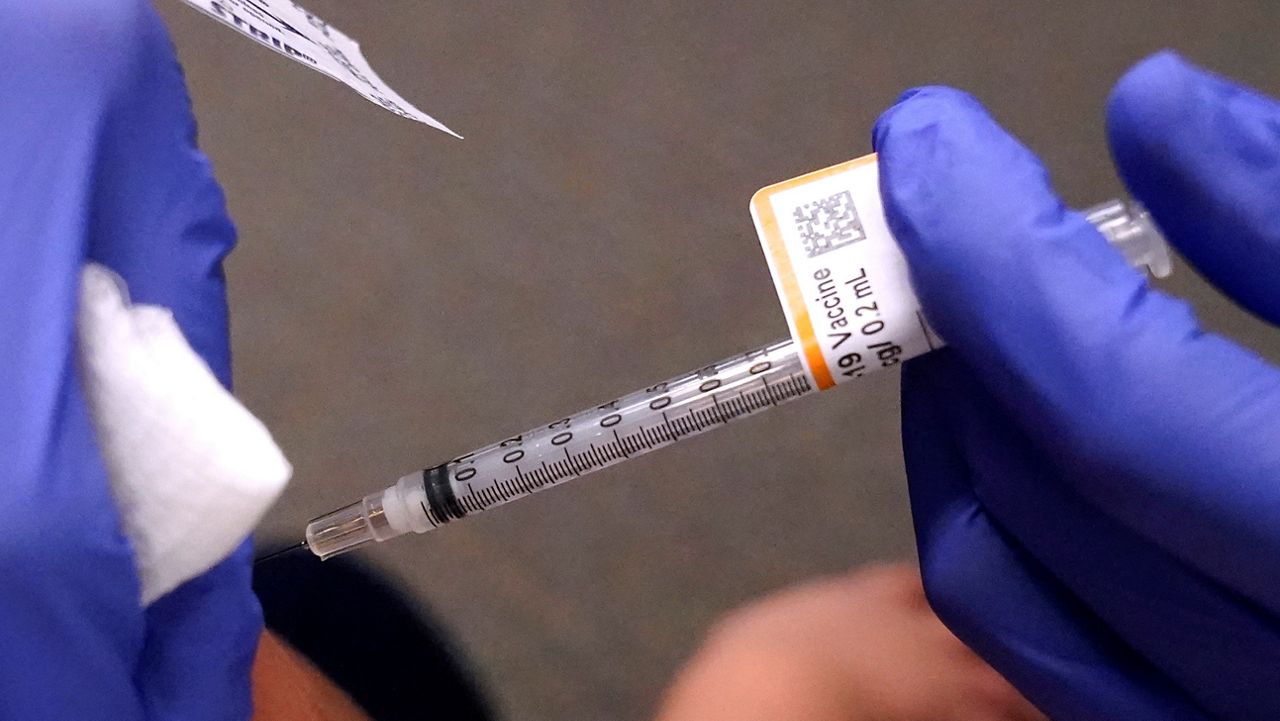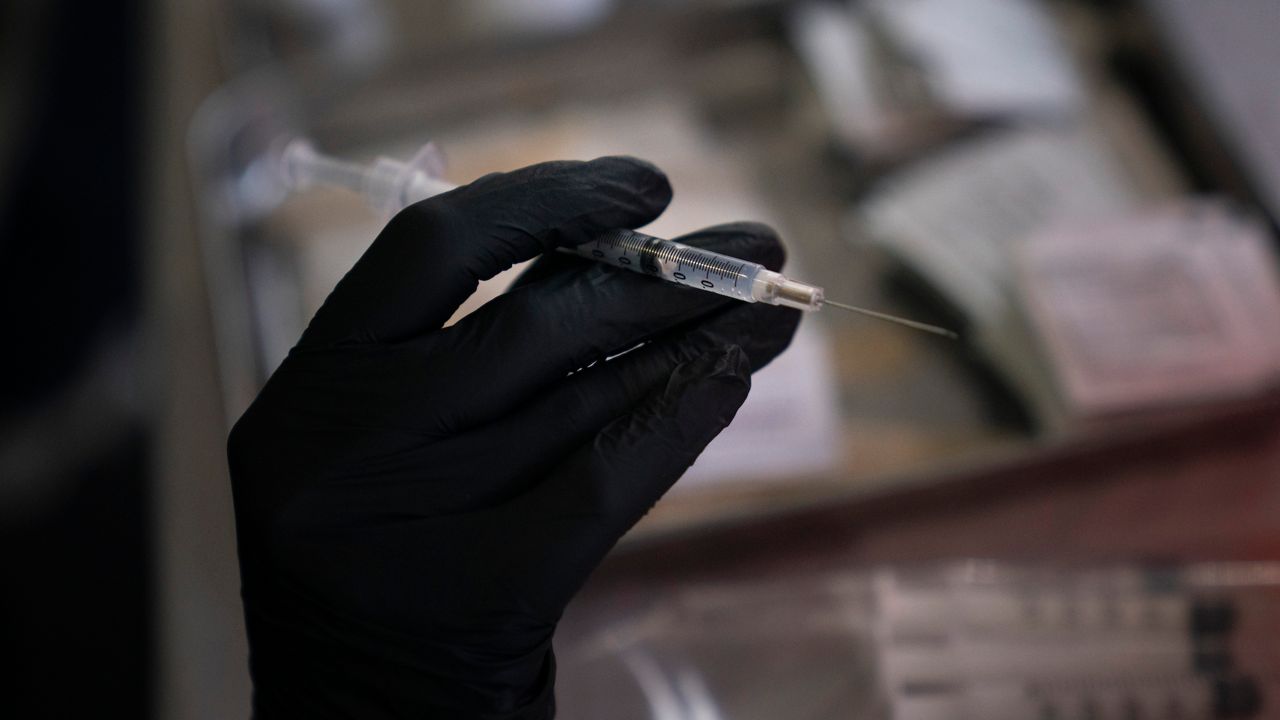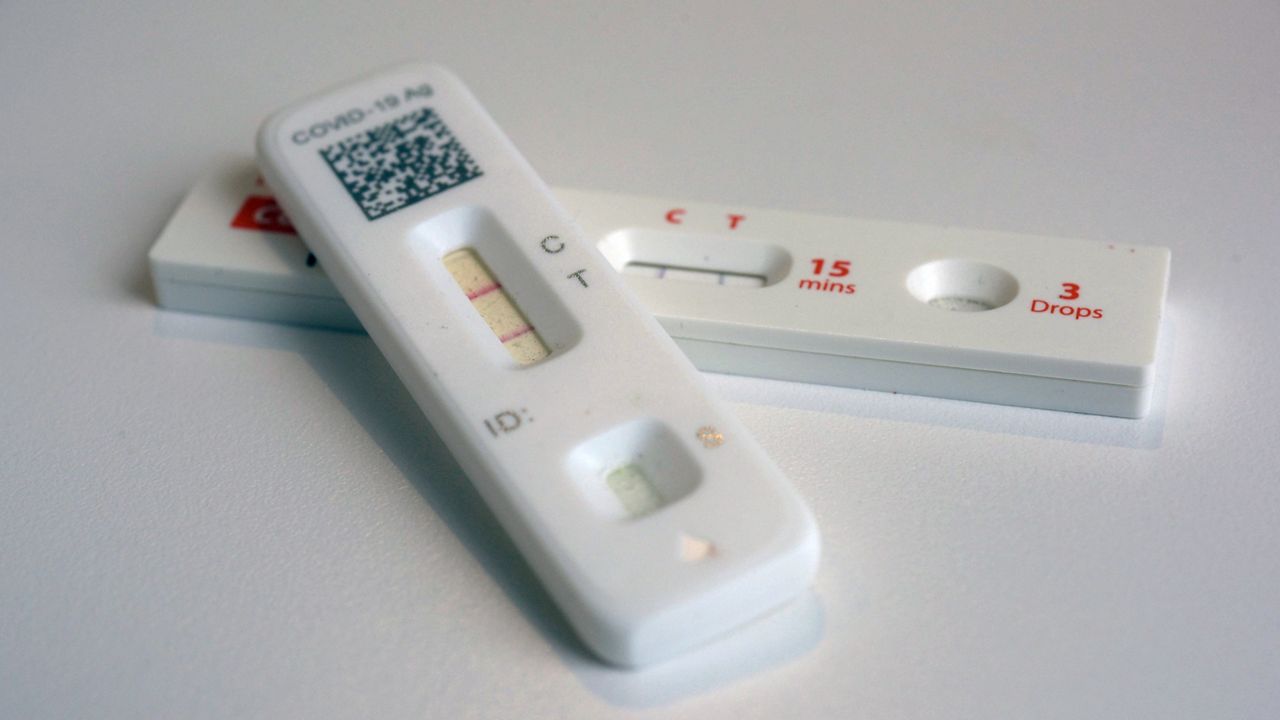RALEIGH, N.C. — Wild deer could be infected with the same virus that causes COVID-19 in humans, according to recent studies conducted in Iowa and Ohio. Because of this, wildlife officials say hunters should take precautions when handling deer this season.
The studies confirmed infection of SARS-CoV-2 in wild deer found in those states, according to a release from the N.C. Wildlife Resource Commission. Officials say studies have not been conducted in North Carolina, but “there is no reason to expect that the situation would be different in our state.”
“There is a lot we still don’t know about SARS-CoV-2 infections in deer, but we do know deer can be infected, and that is a good reason for hunters to continue using safe handling practices with their harvested deer,” said Moriah Boggess, deer biologist with the Wildlife Commission.
The Centers for Disease Control and Prevention says there is no evidence showing that animals play a significant role in spreading the virus at this time, and there have been no reports of transmission from an infected deer to a human. However, hunters are still advised to practice basic safe handling precautions when field dressing or harvesting any wild deer.
Precautions include:
- Do not eat any deer that appears sick
- Do not eat the eyes, brain, spinal cord, spleen, tonsils or lymph nodes of any deer
- Wear rubber or latex gloves when handling your harvest and wash your hands afterward
- Minimize contact with the brain, spinal cord, spleen and lymph nodes
- Minimize contact with the respiratory tract, which includes the lungs, trachea, and mouth and nasal cavities
- Clean knives and equipment of residue and disinfect with a 50/50 solution of household chlorine bleach and water
Officials say there is also currently no evidence to show COVID-19 being contracted through food consumption, including venison.
Safe venison handling precautions should still be followed, which includes storing raw meat below 40˚F and cooking it to at least 165˚F before consuming.
Health and wildlife officials say anyone who is immunocompromised or at high risk of infection should consider asking for help when handling a deer carcass.
“Vaccination is the best way to reduce the risk of COVID-19," according to State Epidemiologist Dr. Zack Moore. Safe and effective COVID-19 vaccines are available for everyone 5 years of age and older. To find a vaccination appointment nearby, visit MySpot.nc.gov.
Justin Pryor - Digital Media Producer
Justin is a Charlotte-based digital media producer. He is a South Carolina native who worked in similar roles at a Charlotte TV station before joining Spectrum News 1 in 2019. Justin is a graduate of the University of South Carolina.









